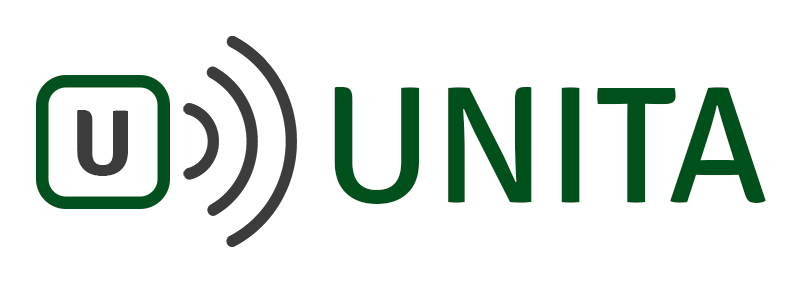The Unita beacon hardware got a wooden box to set up and transport the beacon.
Current Status
The Unita beacon can now be easily set up. The case is made of wood and consists now of three layers. The bottom layer contains a powerbank as power input. The next one has the Raspberry Pi 3 mounted and gets the power via a USB micro cable from the first layer. From the plugged USB audio interface two cables for each, microphone and loudspeaker, are connected with the third layer. Besides that, two jumper wires from the GPIO ports of the Raspberry Pi are connected to the third layer for powering the amplifiers. The third layer contains one amplifier for a microphone and one for a loudspeaker. From that layer, a microphone and a loudspeaker are then set up outside on top of the case for transmitting and receiving ultrasonic messages.
Beside the case building process, some changes in the software part were made. Status messages for sending success and error as an acknowledgement through ultrasound were added as well as a pairing message for connecting with the beacons and saving it on the client device.
Upcoming Challenges
Running the user tests and evaluating them is an open task, as well as refining and refactoring the code. Writing is still in progress.
